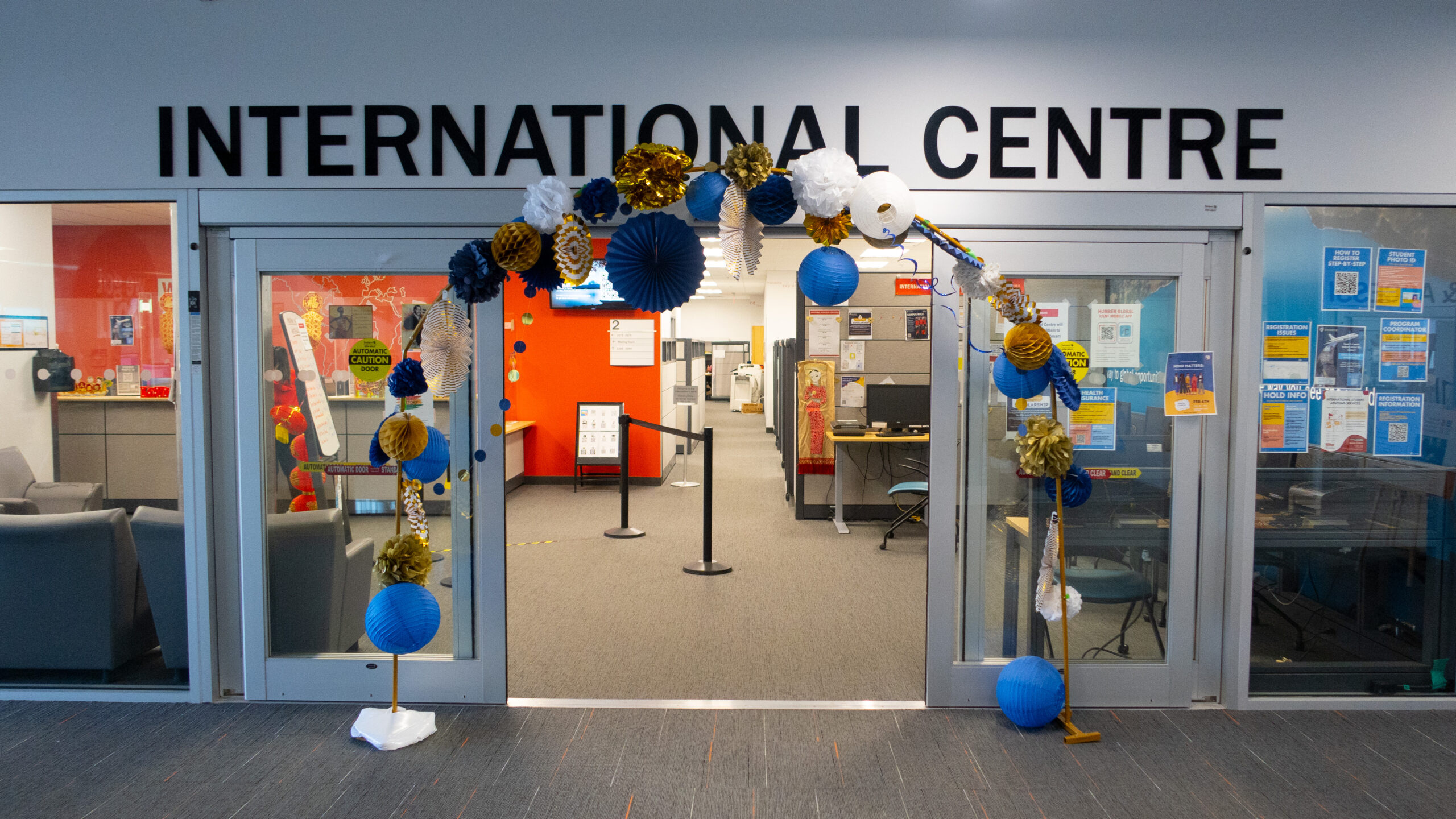Once again we see how governments avoid responsibility by blaming problems on immigrants.
Two weeks ago, the federal government announced a new two-year cap that will be put on student visas. The cap comes after Canada has experienced a rapid spike in immigration during a housing and cost of living crisis.
The new federal plan will come into effect on Sept. 1, 2024.
Immigration Minister Marc Miller said the national cap for 2024 is expected to be 364,000 approvals, a 35 per cent decrease from 2023.
In a media release Sarom Rho from Migrant Workers Alliance said they understand the struggling Canadian economy “yet it is immigrants who are being scapegoated.”
“There is an immigration crisis in the country but it’s not in runaway numbers, it’s in the abuse, exploitation and exclusion of people without permanent resident status and that is where we must focus,” Rho said.
Miller said the measures aren’t targeting international students, but “they are to ensure that as future students arrive in Canada they receive the quality of education that they signed up for.”
Miller said the cap could mean that Ontario’s acceptance rate could drop by 50 per cent.
Colleges and universities now run into the problem of how they will fund their programs.
In a report by the auditor genera of Ontario, last year Shelley Spence said by 2020 30 per cent of colleges were made up by international students.
“The Ministry had not assessed how its high reliance on international student tuition might impact the entire public college sector over the long term,” she said.
It’s outrageous that for the past few years institutions have been price gouging international students by paying about triple what a domestic student would pay.
At Humber College, a journalism advanced diploma costs almost $4,000 a year while an international student is expected to pay $17,595.38 for the 2024-2025 school year.
All this arises mainly from the Doug Ford Progressive Conservative government’s handling of the education budget year after year.
A report published by the Ontario government last year showed that sectors of the educational budget were lacking in funding.
The report said that from 2008 to 2021 the per student operating grant had only gone up.
When adjusted for inflation the college budget was cut by 12 per cent and universities by 23 per cent.
The report makes it clear that there is a deficiency in the provincial budget and the financial burden was put on international students.
Colleges Ontario has been asking since November to end the tuition freeze so they can up domestic tuition.
Now with an expected loss from international students we may feel a larger impact than a mere five per cent increase as they stated last year.
International students have been saving the Canadian economy, not hurting. In particular, they have been propping up Ontario’s post-secondary school system.
“It is not the intention of this program [international student visas] to have sham commerce degrees or business degrees,” Miller said.
Yet the main purpose in Ontario seems to have been to use international students to fund post-secondary education.
Lovepreet Singh, a heating and air conditioning technician student at Humber, said the decision to introduce caps can be beneficial for the international students who are already here.
“I think it’s a good decision because in the GTA” because there aren’t enough jobs for international students, and expenses are high, Singh said.
He said as an alternative, potential students can try looking into studying in less populated provinces or countries.
While the cap may be beneficial for the country in the short term, if our use of government budgets does not change then our current economic crisis will go downhill from here.

